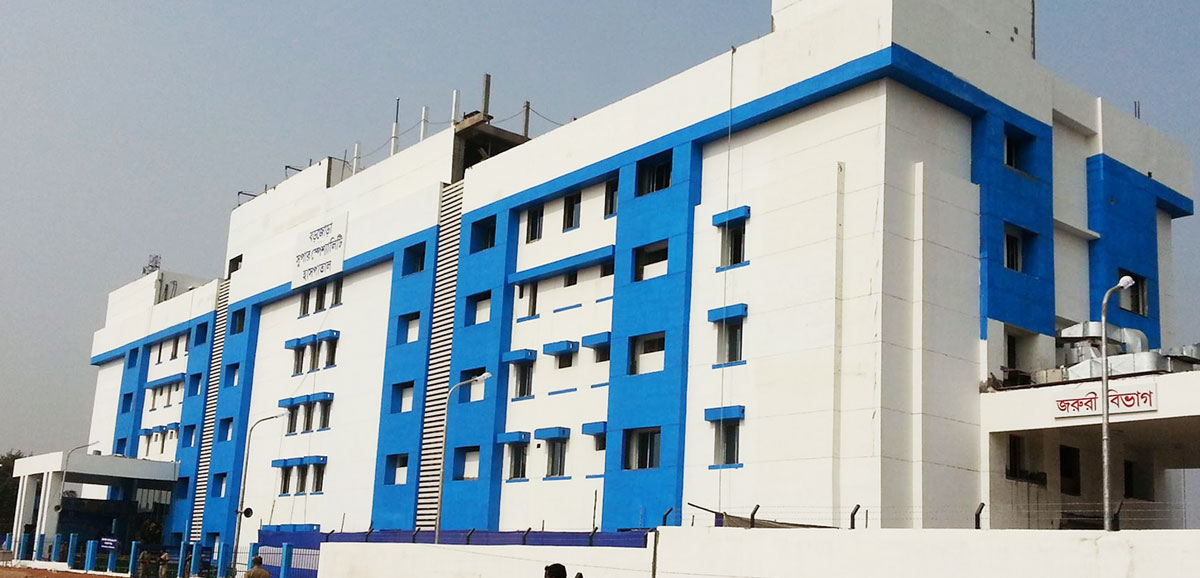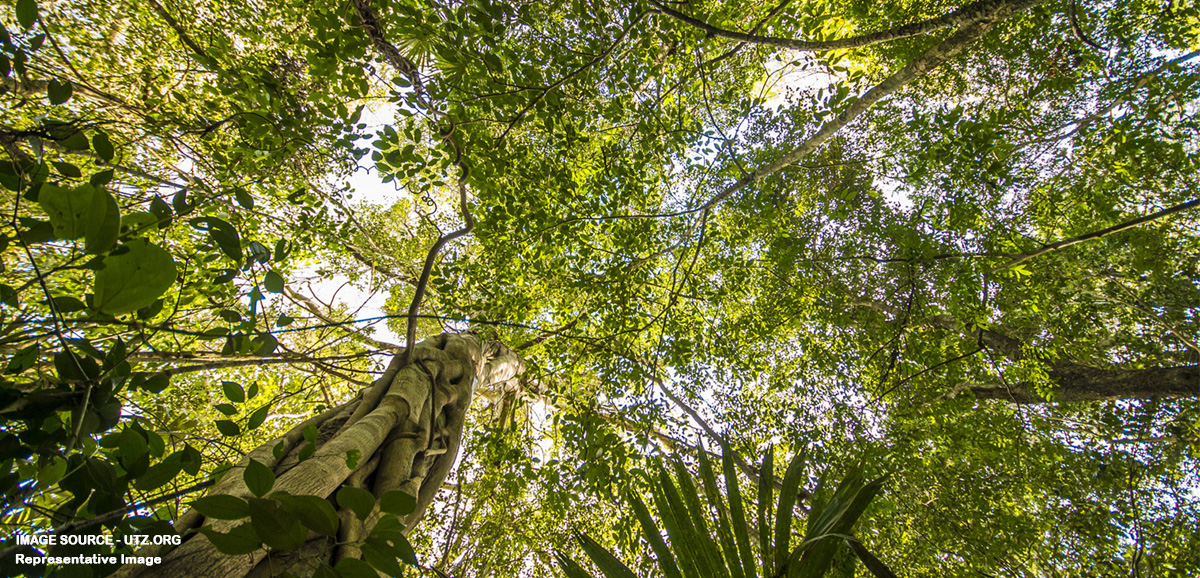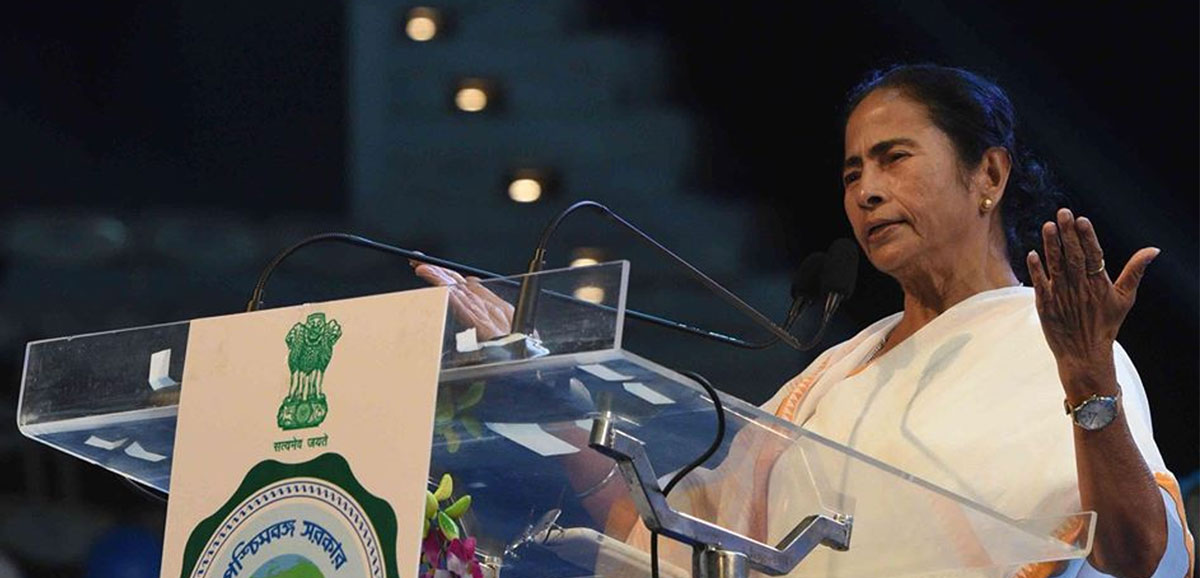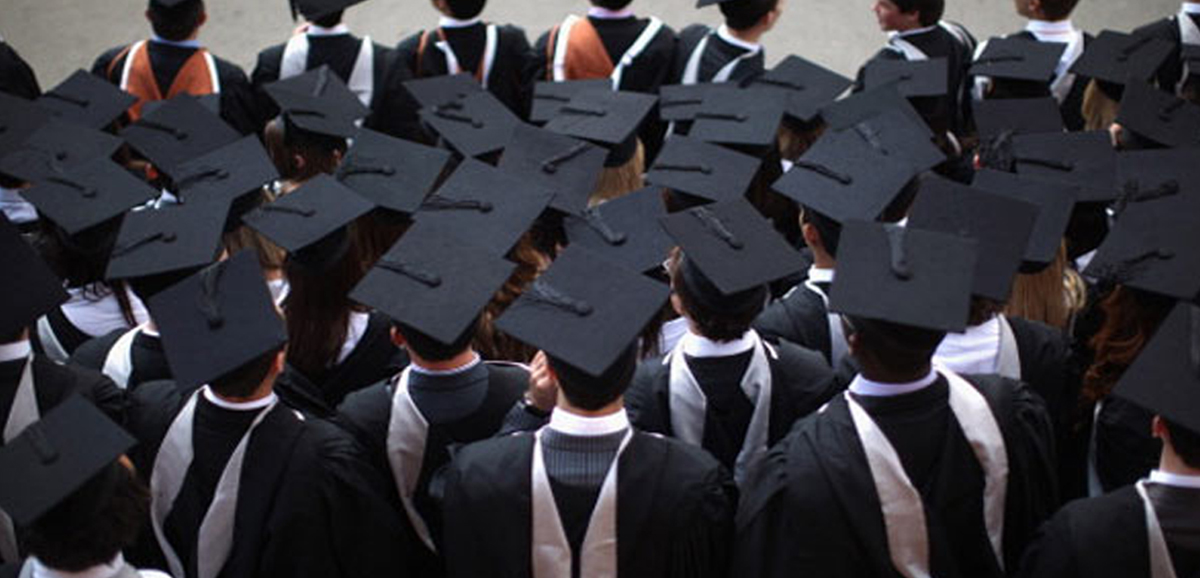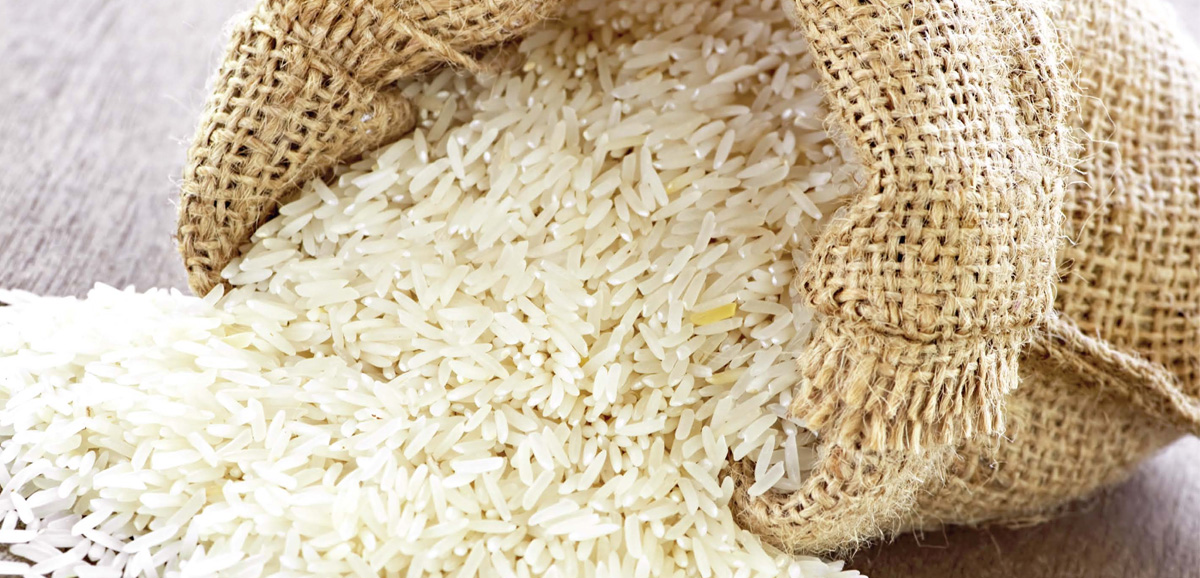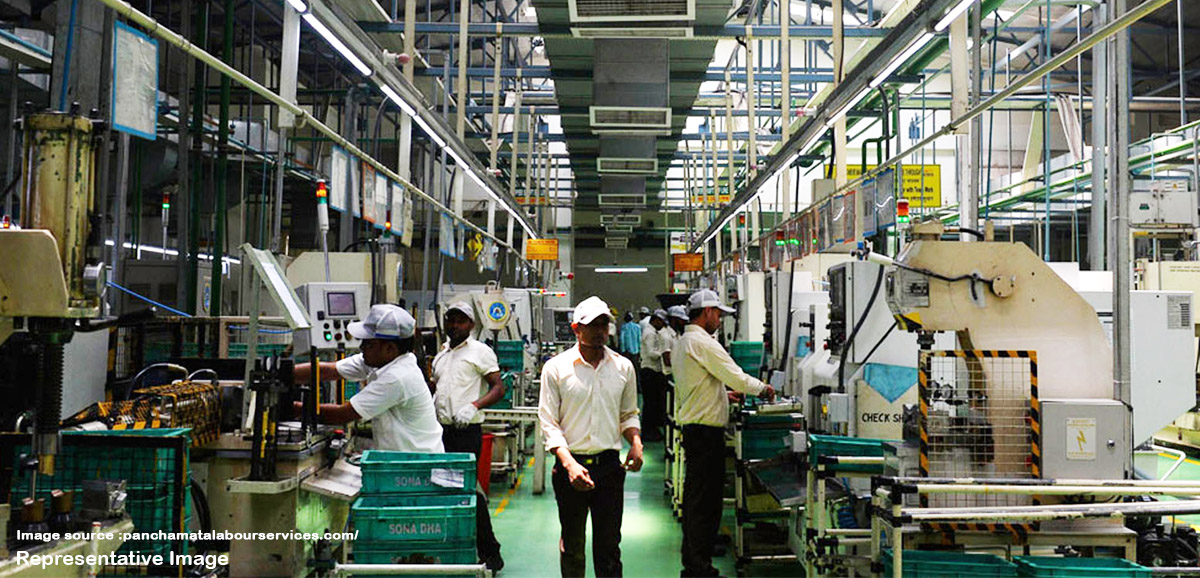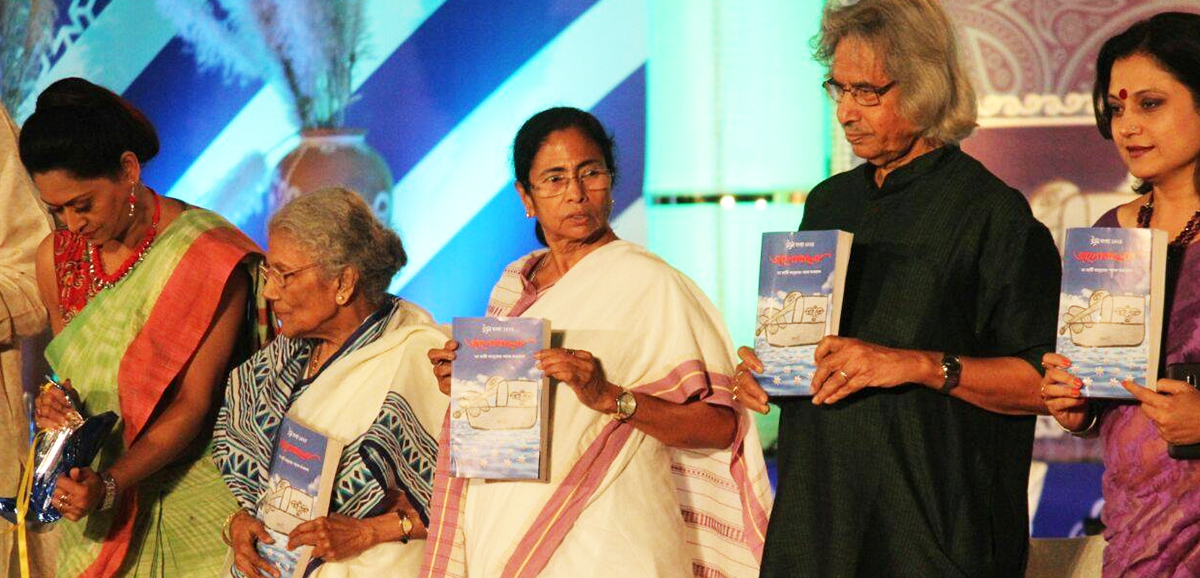Following are the major achievements with respect to food distribution through the public distribution system (PDS) by the Bangla Government during the rule of the Trinamool Congress, from 2011 to 2019
* Chief Minister Mamata Banerjee initiated the Khadya Sathi food security scheme to provide rice and wheat at Rs 2 per kg to 8.82 crore people, which is almost 90 per cent of the State’s population, including special packages for the people of Jangalmahal and the Hills, the Cyclone Aila-affected, the farmers of Singur, workers and non-workers of closed tea gardens, tribal people of Totopara in Alipurduar district, and destitute and homeless people.
* 50 lakh people get foodgrains at half the market price
* Allocation of foodgrains under PDS increased manifold during the last eight years
* Digital ration cards for all to make distribution hassle-free
Quantities allotted every month:
* People living in tea gardens: 35kg foodgrains at Rs 2 per kg
* People living in Cyclone Aila-affected blocks: 16kg foodgrains at Rs 2 per kg every month
* Farming families of Singur: 16kg foodgrains at Rs 2 per kg
* Over 8 lakh people in the Darjeeling Hills: 11kg foodgrains at Rs 2 per kg
* Over 35 lakh people in Jangalmahal: 11kg foodgrains at Rs 2 per kg
* Totos in Alipurduar: 11kg foodgrains free of cost
* Almost 6,000 malnourished children and their mothers: 5kg rice, 2.5kg fortified atta, 1kg masoor dal, 1kg Bengal gram
* For Durga Puja, Kali Puja, Diwali, Eid, Ramzan, Chhath Puja: Edible oil, Bengal gram, flour, sugar at subsidised rates
* System of payment of sale proceeds of paddy directly to the farmers’ bank accounts through NEFT
* In case of procurement of paddy through co-operative societies, direct payments of sale proceeds of paddy to the farmers within three days from the date of sale
* Major reforms in PDS, including the use of information technology (IT) in management of the PDS
* Construction of model fair price (FP) shops in closed tea gardens
* Storage capacity of grains distributed through PDS enhanced from 62,000 metric tonnes (MT) to 6 lakh MT
* Robust grievance redressal system through toll-free helplines – 18003455505 and 1967

